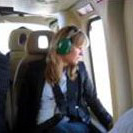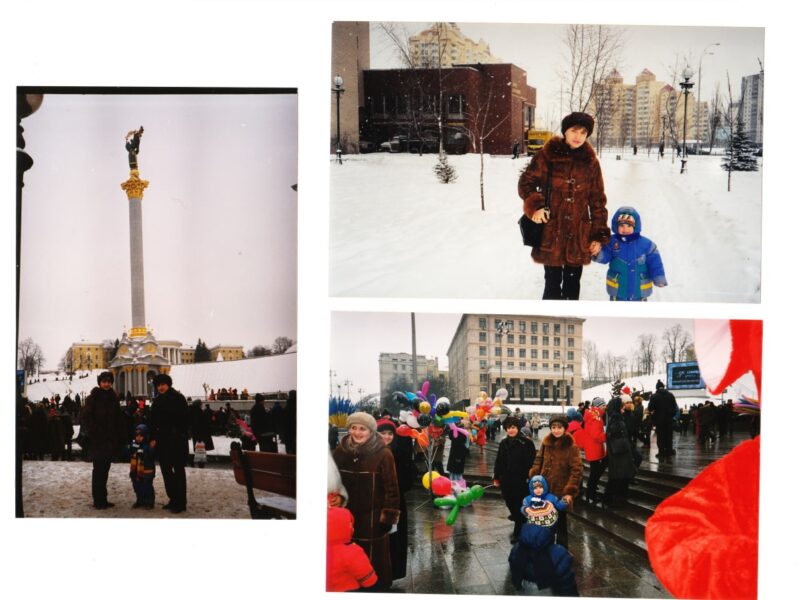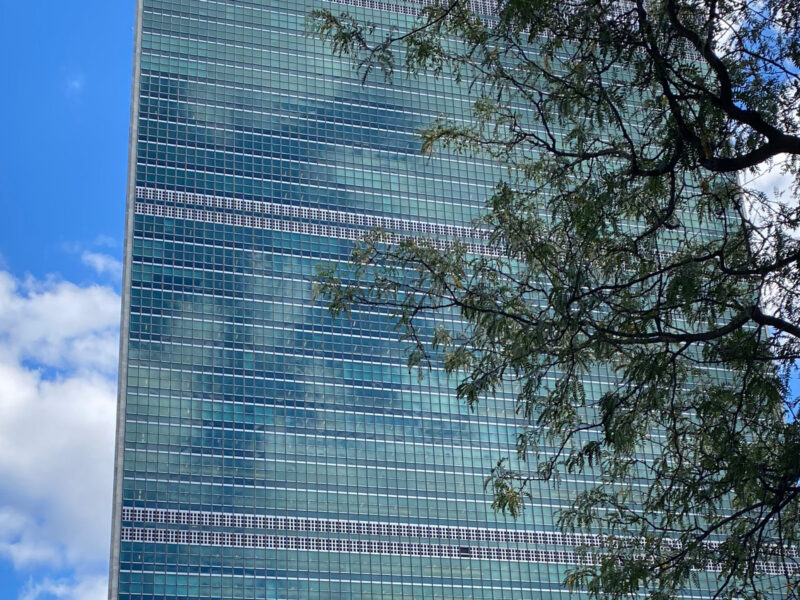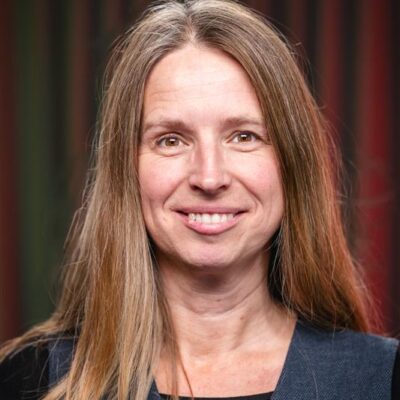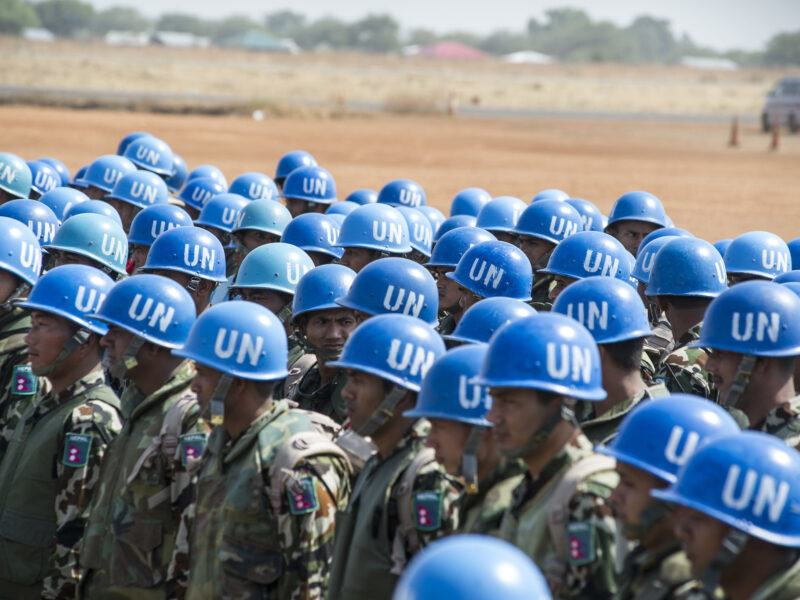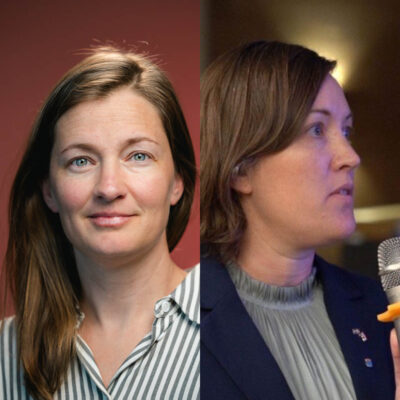Tolstoy, Research and Peaceful Societies
Recently – while vacuum cleaning our apartment – I listened to a radio play adaptation of Lev Tolstoy´s Anna Karenina with the famous first lines: ”All happy families are alike; each unhappy family is unhappy in its own way”.
As I listened, I was wondering if one could say that all peaceful countries are peaceful in the same way, and that all countries in conflict are violent in different ways. It made me think about FBA’s work which often takes place in conflict and post-conflict settings. It made me think about all the efforts to build peace – collective and individually – and the frustration of lacking a formula which can be followed to succeed in this endeavor.
Experience show that each conflict is unique, each conflict has its own history, legacy, and socioeconomic context and we know from experience that each conflict will have to be resolved respecting its unique characteristics. Despite this hard-won knowledge, during my years in international missions I have – too many times – witnessed how policy options to tackle difficult questions linked to peace and security were based on anecdotes , emotions or ”this is how we do it back home” type of arguments. They were seldom successful.
These are difficult and complex issues. We will never have exact answers as to why some societies are stable and other not, nor precise formulas explaining why certain international engagements are helpful in promoting peace and stability while other are not. But I do think it makes sense to try to gather as much understanding as we can, to avoid narratives that do not stand on reality, or repeating mistakes already committed in the past.
At the FBA, we have placed research at the heart of our work. We plan and develop our work based on an evidence based approach gathering as much knowledge as possible to improve our outputs. One important channel of knowledge is the FBA’s research working groups in the areas of Peacekeeping Operations, Conflict Prevention, UNSCR 1325, Rule of Law and Security Sector Reform. The working groups are composed of more than 100 internationally renowned researchers and scholars – leading experts in their respective fields. The research conducted within the framework of the groups is characterized by rigorous empirical research and systematic comparative studies that include nationwide surveys in post-conflict countries and evaluations of peacebuilding projects. This works is crucial to fill significant knowledge gaps and to create policy relevant research. This, however, is only part of our effort to better understand how peace support activities can best work.
Recently, the FBA was invited, through one of the members of the FBA research network, to attend a research meeting to discuss preliminary findings linked to a research project at Oxford University. The project is looking at fragile and conflict-affected countries to try to answer the question ”When is peace stable?”. By combining quantitative analysis (using a global panel data set) and qualitative analysis examining the peace consolidation process in a small number of countries, the research will generate knowledge and identify factors that contribute significantly to post-conflict peace stabilization. This will provide governments, donors and practitioners with new knowledge and greater understanding of what makes a difference and what doesn’t.
Needless to say, the long day around the table at the university opened up for hours of interesting discussions with leading researchers on the topic. As my colleague Lisa and I walked through the dark evening on the slippery cobbled streets of Oxford – after the compulsory pint at Turf Tavern – head full of input and new perspectives, we discussed the preliminary research findings and we had a long discussion about the issue of trust. I do not recall exactly how that discussion begun. Perhaps it what something that had been said at the research meeting. Perhaps it was something that had happened in our private lives. But it ended with the thought that trust is perhaps one of these things that create stable peace, and thus one of these things that international engagements, in spite of all difficulties, should seek to promote.
Through research, and through experience, we will learn more. But in the end there is, in this respect, perhaps more similarities between a family and a broader society. Because if trust is a vital component for peaceful societies, it is a no less crucial ingredient in a happy family. So my recommendation is this: spend some time understanding what our researchers do, and what insights they have gained. And if you do not know how to spend a rainy weekend in April: read Tolstoy. He is not only good at families, happy or unhappy ones. He is also a great storyteller about war and peace.
av Helena Vazquez
